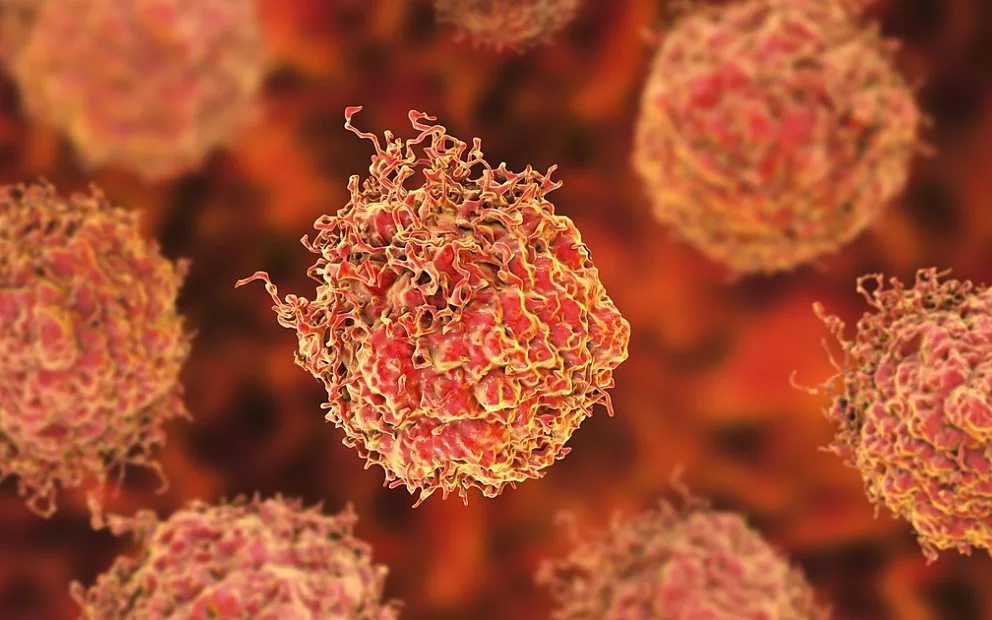Private patients with late-stage prostate cancer now have access to a life-extending drug, thanks to a partnership between SAHMRI and a medical imaging firm of local doctors.
The Molecular Imaging and Therapy Research Unit at SAHMRI has teamed up with Dr Jones & Partners to provide the drug, which targets prostate cancer cells that have spread throughout the body.
Until now, the drug, lutetium-177 PSMA, has only been available in Adelaide as part of a clinical trial.
Patients who didn’t meet the criteria for the trial had to travel interstate for treatment.
Research Unit Director, Prab Takhar, said he felt for those patients who couldn’t be part of the trial, so he and his team developed an equivalent drug.
“We got funding from a philanthropic person who’s now passed away,” he said.
“We wouldn't have been able to do this without that donation … and hopefully now we will be doing other things to help people.”
Lutetium-177 PSMA, selectively targets and kills prostate cancer cells anywhere in the body. PSMA stands for prostate specific membrane antigen, a protein found on cells of the prostate gland.
When attached to the unstable radioactive element lutetium-177, it seeks out tumour sites and blasts them with radiation, while minimising exposure to other parts of the body.
The drug is expensive, at $10,000 a treatment.
Dr Michelle Nottage, Director of Nuclear Medicine at Dr Jones & Partners, said the drug was not a cure but it “can give people extended, quality time”.
“We’re offering a service where we can deliver therapy in a timely fashion,” she said.
“In the public health system, lutetium therapy is only available in a trial setting, so currently private practice is the only alternative for the treatment.
“People have been going interstate for five years for this sort of stuff, even longer, so it’s good to be able to offer it here.”
Cancer patient John Heard, of Unley Park, said he would most definitely recommend the treatment.
Previously he had travelled to Sydney to get the drug and was looking forward to having the treatment closer to home.
“The main thing is I feel very good, so I’m just hoping this lutetium works as it has in the past,” he said.
“It has worked well for me; I’ve got a good track record there.
“My doctor has got to the stage of saying ‘there’s not much more I can do’.”
The drug is delivered by injection and then the patient sits back and waits for the compound to do its work.
The entire procedure lasts four to six hours.
Side-effects are rare but may include dry eyes and mouth, nausea and vomiting.
Tiredness and a drop in the production of blood cells in the marrow may also occur.
This story was reproduced with permission from The Advertiser.



